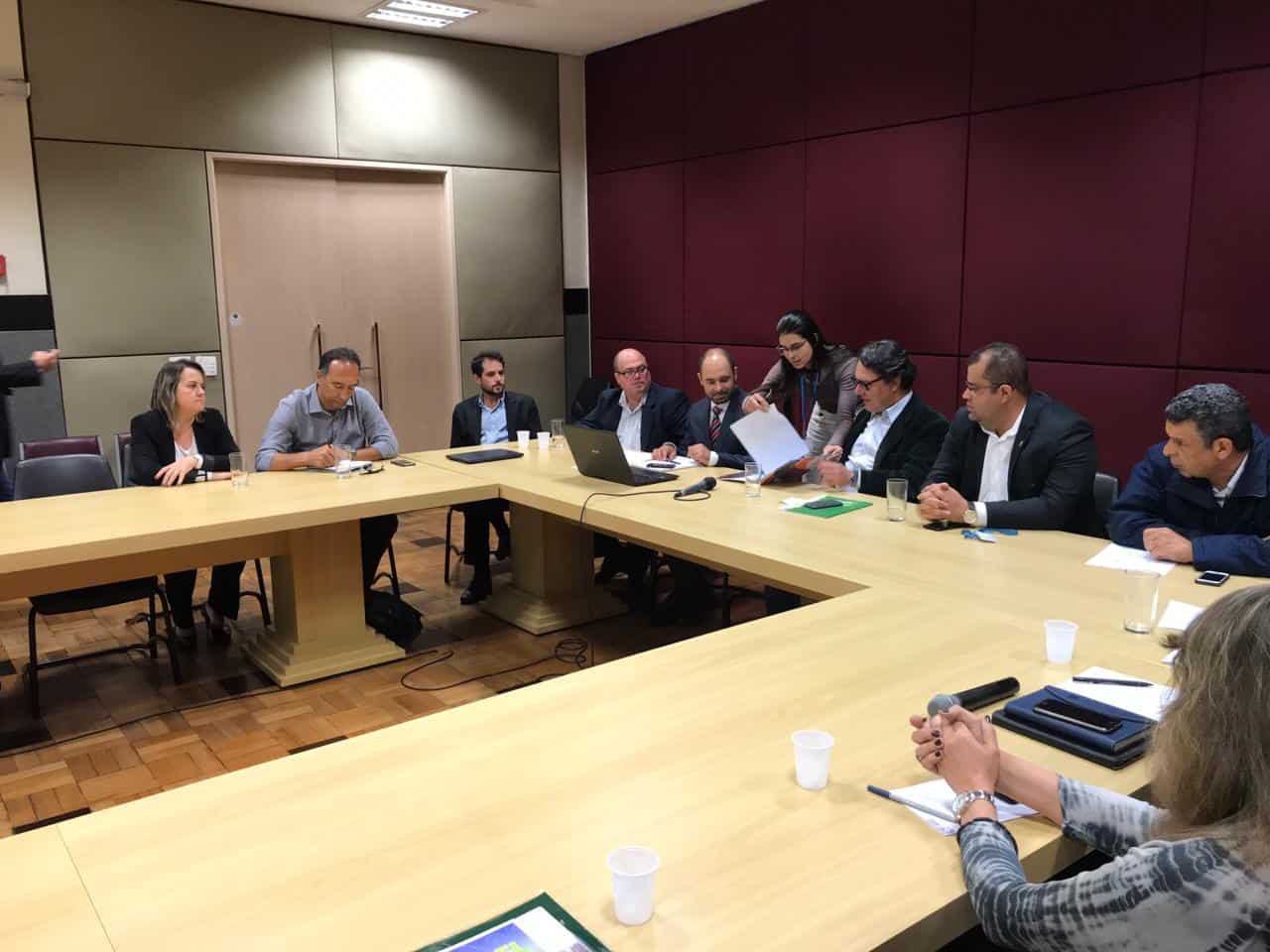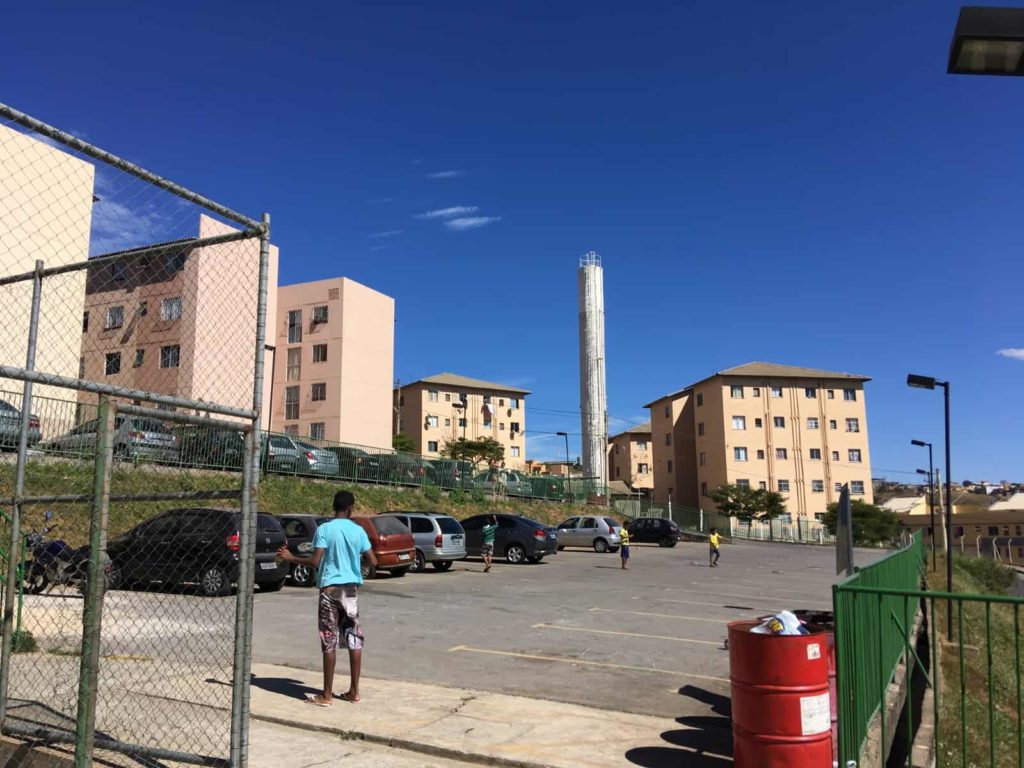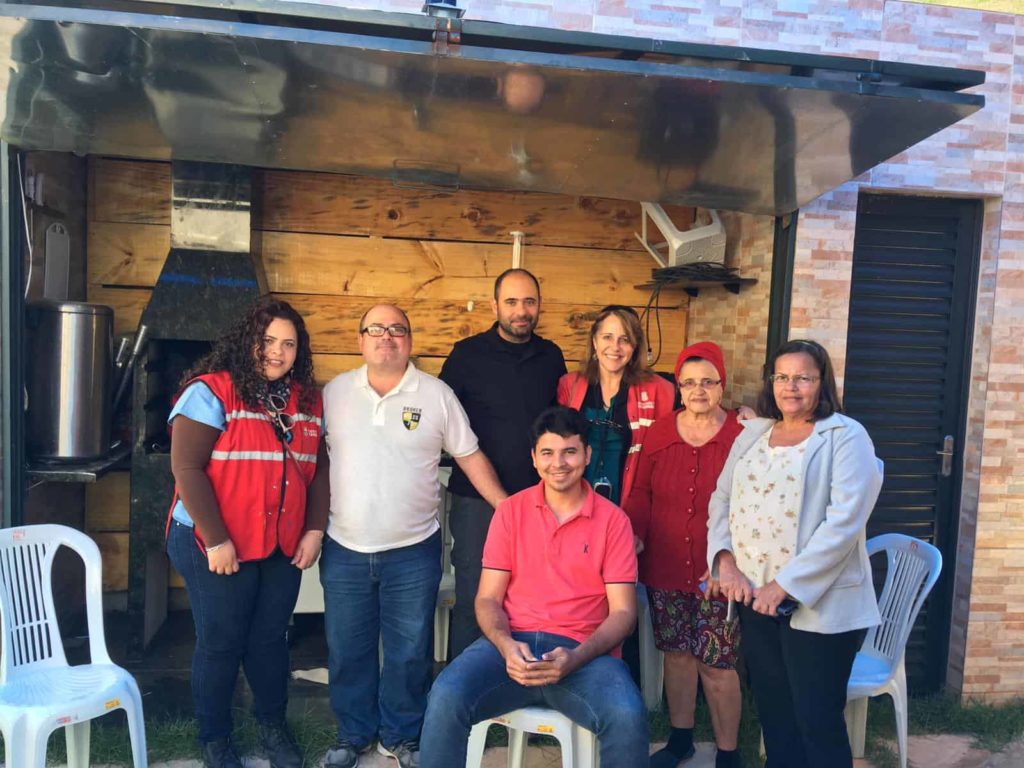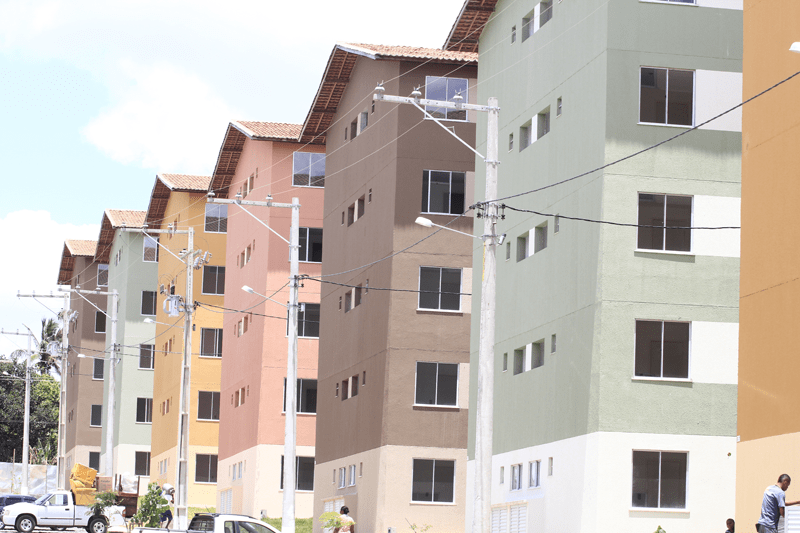An instrument from the Lab’s 2018 cycle, Distributed Energy for Social Housing (DESH) signed a memorandum of understanding with the municipality of Belo Horizonte on July 22nd. DESH offers cheaper distributed solar energy for low-income tenants. Through this partnership, PopLuz, the implementing product of DESH, is registering potential customers among residents of popular housing.
Proponents Endless and E-gás aim to scale up distributed solar energy, making it more affordable for families as the instrument does not require investment from the end client’s side. In addition, clients can get up to 20% savings in their electricity bills.

PopLuz signs MoU with Belo Horizonte’s municipality
“Solar energy is a mature technology that is a reality in Brazil and offers environmental and economic advantages. Through PopLuz, we seek to democratize this possibility by making it accessible to families unable to make investments”, explained Eduardo Rechden, from Endless. “Our proposed solution of a cooperative set-up bundles many clients into a single entity developed and managed by PopLuz”.

Residencial Taquari, one of the low-income communities in Belo Horizonte where PopLuz is registering potential clients
By the end of the year, PopLuz expects to register 10,000 potential customers and start serving the first batch in the first half of 2020. This initial project will hire 5 megawatts of solar energy and distribute it to communities in Belo Horizonte.
“For the first phase of the project we chose the city of Belo Horizonte for several reasons: it has a good level of solar irradiation, there are goodwill and support from the municipality, the energy tariffs for our target clients are high, the state of Minas Gerais has the most beneficial legislation for distributed solar energy and it is a large municipality that can serve as benchmark to other cities in Brazil”, said Frederico Meinhardt, from E-gás.

PopLuz proponent Eduardo Rechden (wearing black) meets leaders from Residencial Morro das Pedras and Urbel employees.
Families can register either via a mobile phone platform or manually. Registered families will be put together into cooperatives that will lease solar power plants. The energy will be transformed into credits that will be distributed proportionally among the participants. These credits will be deducted from the utility bill, and the total cost of electricity will decrease.
“We will analyze the power needs of each family according to their consumption history, and for each family will be allocated a share of the plant that matches their consumption,” said Rechden.
After consolidating the pilot, PopLuz plans to expand to other neighborhoods of the city, then to the state of Minas Gerais and, later, to the states of the Brazilian Northeast. The target audience is 73 million people and the goal is to reach 2% of that by 2030, equivalent to 1.4 million customers and 300 megawatts of solar energy.
“One of our main motivations is the size of the potential market and the lack of solar financing alternatives for these clients,” said Meinhardt. “As we include a large number of new customers in the solar market, we will be contributing to the increased demand for new solar farms and thereby attracting investment for them”.
DESH is one of the projects developed and launched by the Brasil Innovation Lab for Climate Finance. The Lab identifies, develops and launches transformative climate finance instruments that can generate resources to address climate priorities. In addition to DESH, the Lab has launched 34 financial instruments since 2014. In all, they have collectively mobilized US$ 1.9 billion in sustainable investment worldwide.
